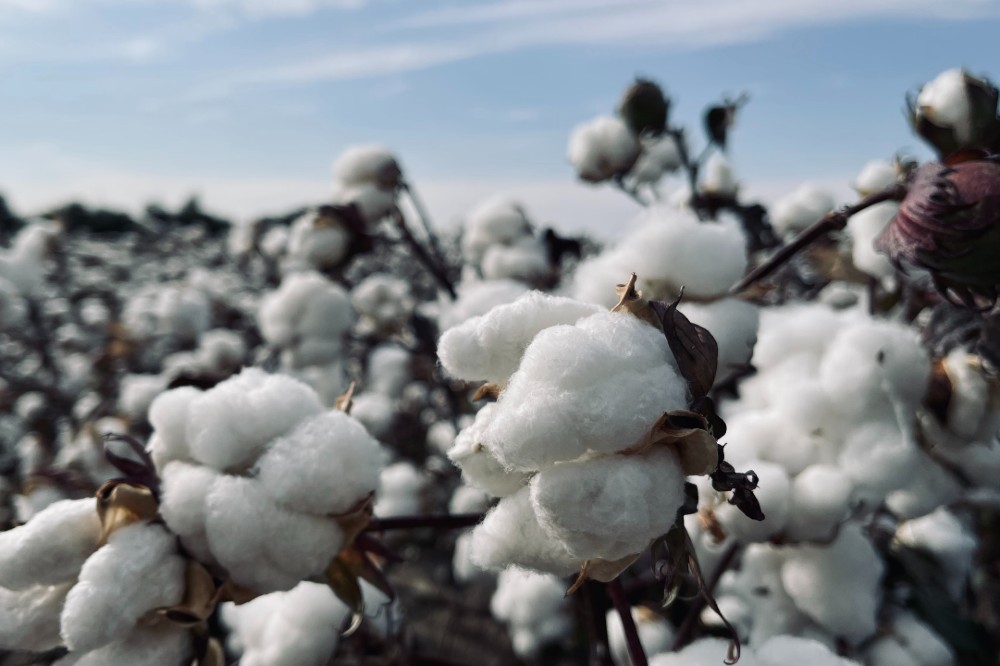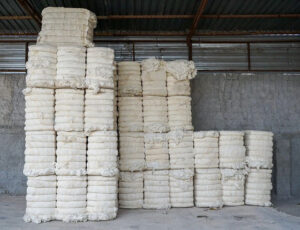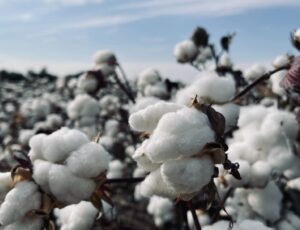
Better Cotton, the world’s largest cotton sustainability initiative, has revised its Principles & Criteria (P&C) to ensure it remains an effective tool to drive continuous improvement and deliver sustainability impact at field-level.
The P&C define the organisation’s approach to more sustainable cotton production and establishes the requirements farmers must comply with to attain a licence and sell their cotton as ‘Better Cotton’. At present, more than two million farmers worldwide – from large to smallholder operations – hold a licence.
The revised Principles cover Management, Natural Resources, Crop Protection, Fibre Quality, Decent Work, and Smallholder Livelihoods. This is alongside the two cross-cutting priorities of Gender Equality and Climate Change.
The latest revision was finalised in February following extensive consultations to ensure it best reflects the organisation’s latest focus areas, including its 2030 Strategy, whilst aligning with global trends towards more sustainable agricultural value chains and market regulations.
Refined in compliance with the codes of good practice from ISEAL, a leading authority on sustainability standards, Version 3.0 (v.3.0) will become effective for licensing starting in the 2024/25 season.
In practice, the revised P&C will embrace a farmer-centric approach and serve as a more locally relevant standard that addresses the environmental, social and economic matters most pertinent to cotton production today. It has been reframed to plug key gaps and remove duplicative requirements, learning from previous iterations and the experiences of users.
P&C revisions ensure the responsible use, conservation and enhancement of natural resources by championing regenerative agricultural practices, more sustainable crop protection methods and effective water use.
From a social standpoint, the revised standard will place stronger onus on driving impact and promoting wellbeing in farming communities, supported by more robust requirements surrounding Decent Work and Gender Equality, in addition to the inclusion of a new principle: Smallholder Livelihoods.
What’s more, a new subsection on climate change will offer guidance for farmers on how to best adapt to field-level challenges and highlight the best available, region-specific measures.
Commenting is Alan McClay, CEO of Better Cotton. “After an 18-month review process, we’re confident that the revised principles will help cotton growing communities continue to deliver improvements at field-level.
“With a practice-oriented focus, our standard strengthens requirements across both environmental and social topics and even goes further to encompass farmer livelihoods for the first time. We’re grateful to the many stakeholders that supported this latest revision, it’s with their support that we can ensure the P&C is effective across our industry.”
For further information on Better Cotton, please click here.







